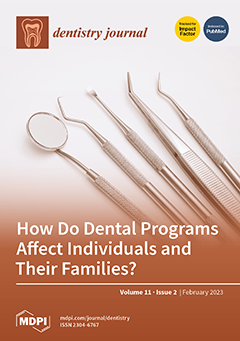
One of the most important means of uncovering useful information and deepening knowledge is researching articles from journals. By reading through the detailed research documented in journal articles, a person can gain insight into topics ranging from entomology to economics. In this article, learn what kinds of research materials one can locate in journals and get tips on how to make the most of these fascinating resources.

What Content Can You Find in Journals?
Different types of publications are available across numerous fields. Science journals feature topics of interests such as chemistry or biology, while business journals have topics related to money management and investing. Moreover, in almost any professional field, there are magazines that include articles about the latest news and developments. Most journal articles come with detailed reports about the research conducted, often including references to studies done by other prominent professionals.
For instance, if someone wanted to read about recent breakthroughs in health care, they could find this information in a medical journal. Alternately, they could use an interdisciplinary research tool to explore academic papers published in any journal around the world.
Benefits of Reading Journal Articles
By going through the content featured in journals, a person can quickly get a comprehensive overview of their chosen topic. This type of research allows them to determine what has been studied in the past, as well as current discoveries. Additionally, it is an easy way for students to find out what the leading experts are discussing in their respective fields.
Moreover, by becoming familiar with the ideas presented in research papers, people can develop better critical thinking skills. By studying how authors craft and present their arguments, learners can gain a better understanding of how to analyze complex topics. They can also further their skills through engaging with different authors’ points of view.
Using Journals for Diverse Tasks
Journal articles are not only used to conduct research but also to keep up with current events. Through reading the news reported in selected publications, people can form educated opinions about the global community. Furthermore, they can also use their newfound knowledge to inform policy decisions.
In addition, journals can be beneficial for those who are interested in pursuing advanced education. Prospective graduate and doctoral students can find many useful reviews and debates in journals that will help them prepare for higher-level study. This type of reading also enables them to construct more robust arguments for their own theses and research projects.
Learning How to Read Academic Journals
Reading and understanding journal articles may seem intimidating at first, but there are techniques one can practice to make it more straightforward. Firstly, it’s important to take note of the language used in the paper. Research articles often included specialized words that readers should try to decipher.
Additionally, be sure to pay attention to the author’s purpose for writing. This will help to focus on the main point being made without getting confused by unnecessary details. Lastly, it helps to be aware of the context within which the article was written. Knowing the date of publication and the audience to whom it was addressed can provide useful insight into how the article can be applied today.
Conclusion
Overall, journal articles represent an invaluable source of information that can increase understanding about a diverse range of topics. By exploring the scholarly documents found in these publications, people can become better informed members of the community. Those looking to strengthen their critical thinking skills can also benefit from this type of reading. Indeed, it is essential to take advantage of these helpful sources of information so that we can grow and learn together.

